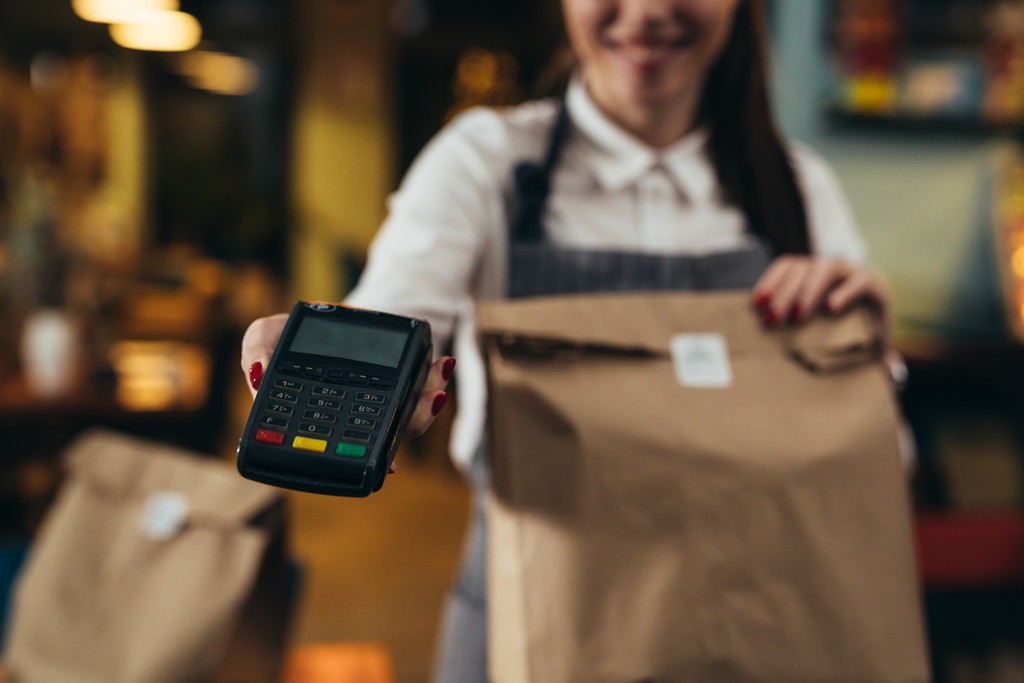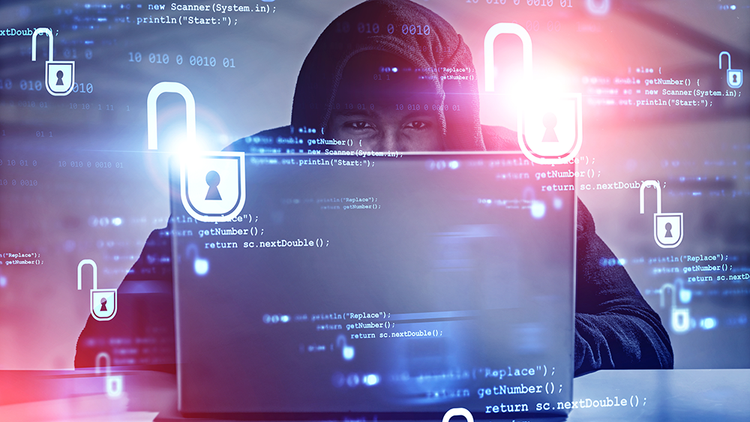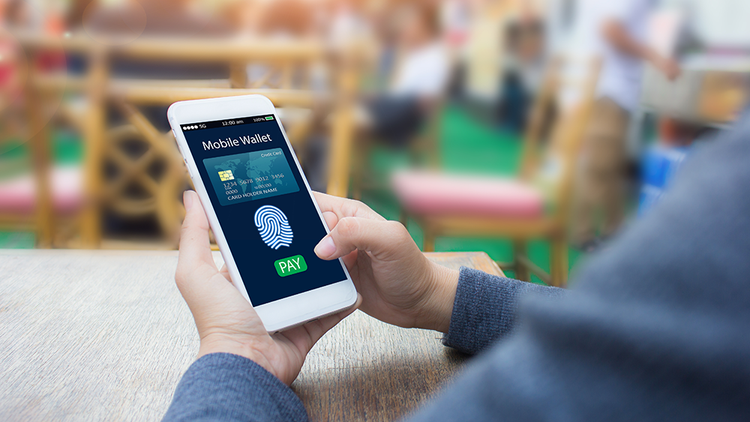
By Ana Hoffman, Contributor
The number of cybercrimes is growing at about 15% per year. And restaurants aren’t immune from these attacks. In fact, they’re often easy targets for cybercriminals as they provide relatively hassle-free access to confidential financial data of their customers. This means it’s imperative for restaurant operators to be aware of current cybersecurity protocols and build a culture of questioning.
As restaurant data is highly prone to hacker invasion, cybersecurity for restaurants has become an absolute priority. In today’s article, we will walk you through the best five security tips in restaurants.
Let’s get started!
What are the Top Cybersecurity Issues Faced by Restaurants?

Restaurants are helpless to data security hazards. Therefore, the most common cybersecurity issues are shown below:
- Untrained workforce
- Zero accordance with the security norms
- Absence of uniformity in the digital security systems
- Card-based payment system
- Not having tangible data security measures
- No circumspection against malware
- Tighter POS security
5 Cybersecurity Tips to Protect Your Online Restaurant Business

1. Have an SSL Certificate Installed
A full-time job of an SSL certificate is to encrypt data traveling from your website to the users. Hence, encrypting data makes it challenging for hackers to pilfer details from your business site and customers.
Once you have an SSL certificate installed on your restaurant’swebsite, your guests can blindly pay for the purchased food online with their debit or credit cards.
However, your restaurant’s site may have multiple subdomains. If so, to secure them all, a wildcard SSL is one of the best SSL certificates to use. Once you install it, your guests will feel protected while paying online.
2. Never Open Suspicious Email Attachments
Phishing is one of the most common threats arestaurant owner has to deal with. It means affirming as a genuine entity to deceive recipients into exposing confidential information. Hence, phishing is one of the most common ways for cybercriminals to rob vital data.
It can be done via an email attachment from an unknown sender, which can install any ransomware or malware to pilfer the user names and passwords. Some cybersecurity tips to avoid phishing in your restaurant:
- Before opening an email, go through it carefully and look for any spelling mistakes the email addresses and in the body. It could be the most tell-tale sign of phishing.
- You need to consider if that email came from someone you know. If not, you can directly select or report it to the email provider.
3. Perform Background Checks on Employees
More than a third of cybersecurity attacks happen from current employees and it takes an average of 200 days before the attack is even discovered.
Before hiring employees, one of the best cybersecurity tips for restaurantsis to execute background checks on all candidates. Verify other background details, including their employment record and references. This will help you get an idea if there were any issues you don’t want in your own venue.
Often touremployees have access to a wide array of sensitive details belonging to your customers and your restaurant. This is especially true in the US, where servers take customer debit or credit cards away from the tables to process the payments. You want to make sure anyone you hire isn’t trying to steal from your guests (and you).
4. Never Send Sensitive & Insecure Data Electronically
Instant texts and emails, which consist of sensitive details, must be encrypted. Cybercriminals are proficient at stealing and tweaking sensitive data, including employee personal details and customers’ credit card numbers.
Here are a few more security tips for restaurantsto follow:
- Encrypt emails consisting of SSN, passwords, or financial data. You may refer to the email provider for instructions.
- Don’t forget to password protect all confidential documents. You need to provide the correct password to the recipient securely.
- You need to utilize off-the-record or OTR messaging to encrypt sensitive information transmitted via instant texts automatically. Some messaging services have this best built-in feature or can be incorporated as a plug-in.
5. Indoctrinate Employees about Data Security
All of your employees should be well-versed with the cybersecurity policiesfor restaurants. This includes knowing how to detect phishing emails and knowing the protocols if they observe any suspicious activity on the restaurant’s accounts.
Here are a few other ways of making sure your restaurant’s staff is up to speed with cybersecurity:
- It would be better to motivate employees to report any dubious activity, regardless of how insignificant it might seem.
- You must have a stringent policy in place so that the employees understand what constitutes a cybersecurity menace.
- You need to remind them of the perils of using weak passwords as it jeopardizes their online accounts. Therefore, inspire them to change their account passwords every 4-6 months.
Conclusion
You might never consider data security as a highly crucial business aspect of your restaurant unless you face a mishap. With the insurgence of credit card payments in the 21st century, mobile and online ordering, and delivery systems — where customers are offering their emails, names, contact numbers, and financial details — restaurants make a tangible target for the cybercriminals.
But with the aforementioned cybersecurity tips, you can successfully eliminate all the threats.






